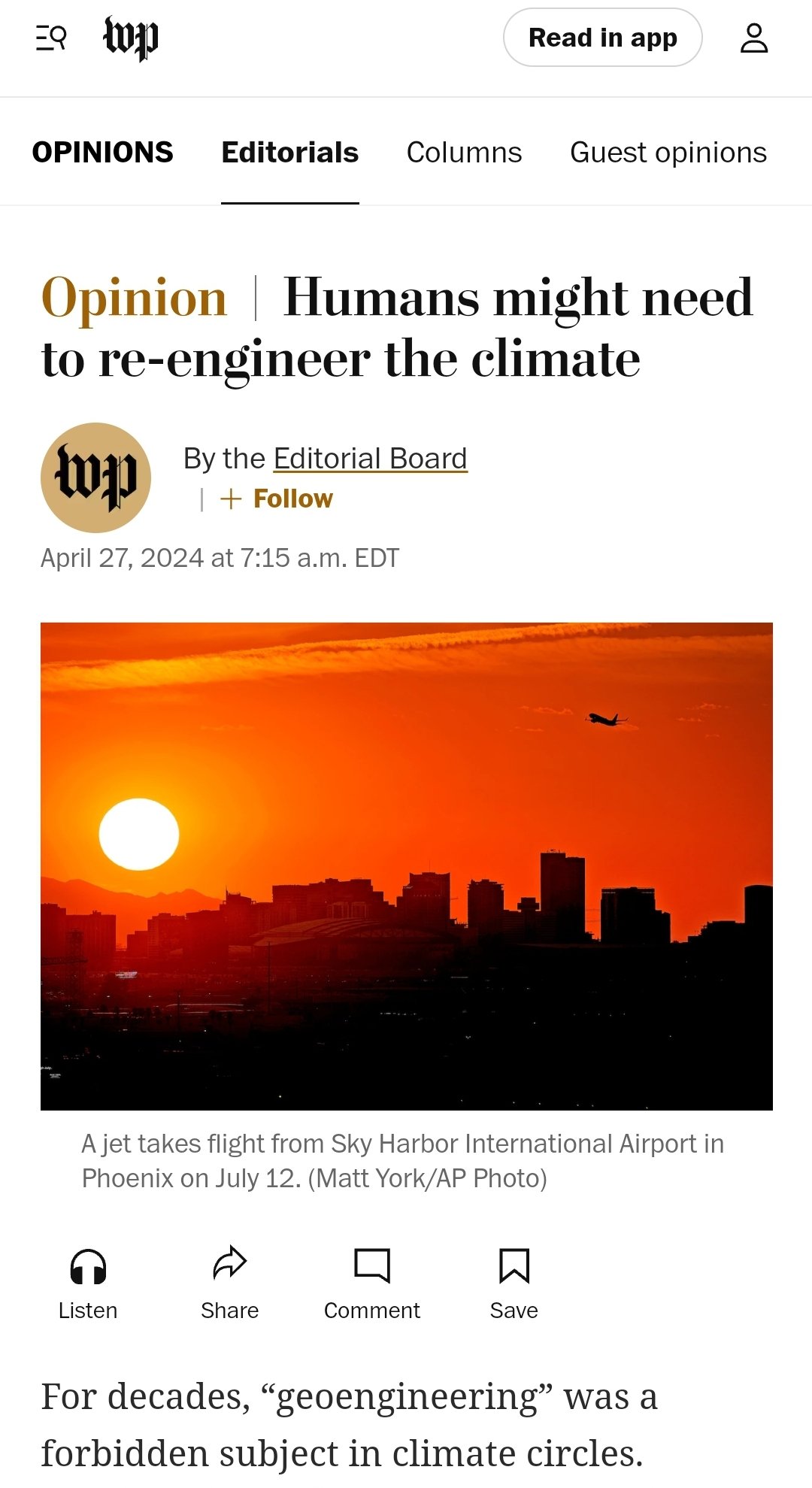Donald Trump:
- Fracking: Trump has been enthusiastic about this controversial gas extraction process, stating via Twitter as far back as 2012 that “fracking will lead to American energy independence.” His public comments since then have been less succinct, but supportive. In his one major energy policy speech in North Dakota in late May, Trump said he would “revoke policies that impose unwarranted restrictions on new drilling technologies,” an indirect way of saying he wouldn’t regulate methane emissions from fracking rigs, which the Obama administration is currently attempting to do.
- Renewables: Trump doesn’t have the same visceral dislike for subsidies that more ideologically pure Republicans have concerning renewable power, so analysts believe he will not push to have them eliminated. He was also a supporter of ethanol subsidies while campaigning in Iowa.
- EPA/Regulation: Trump has both the temperament and the motivation to attack environmental regulation and the Environmental Protection Agency on all fronts. During his North Dakota speech he promised to rescind by executive order many of the Obama administration’s most ambitious environmental goals, including the EPA’s landmark Climate Action Plan that would close many of the country’s older coal plants.
- Climate Change: Trump’s comment in North Dakota that he would “cancel the Paris Climate Agreement” is a clear rejection of both accepted climate science and attempts to reach global consensus over the past decade concerning greenhouse gas emissions. There probably isn’t a clearer policy difference between the two camps than on climate change, especially given the possible long-term consequences.
- Nuclear: Trump has said very little concerning nuclear power in recent years, although back in 2011, just after the Fukushima disaster, he told Fox News that “nuclear is a way we get what we have to get, which is energy. “ It’s likely his opinion hasn’t changed.
Hillary Clinton
Clinton has had to work much harder politically than Trump in terms of her policy formation, and has moved some of her energy and environmental views to the left, thanks largely to the candidacy of Vermont Sen. Bernie Sanders, who argued aggressively against all fracking and nuclear power production in the United States.
- Fracking: Clinton’s position on this issue has been a little tough to discern. Unlike Trump, who has never run for political office, Clinton has taken a position on every single environmental issue during her nearly quarter-century of public life. As secretary of state, she promoted fracking technology overseas, but during a Flint, Mich., debate in March, Clinton said she would treat fracking to a three-part test that could dramatically curtail its use in many parts of the country if fully enforced.
- Renewables: Clinton is in step with the broad swath of left-leaning voters who would like to see a quicker transition to a post-fossil-fuel economy. She has a stated goal of installing 500 million solar panels to increase solar energy production eight-fold in the U.S. by the end of her first term in office. She also wants to the make wind power’s production tax credit permanent.
- EPA/Regulation: Clinton intends to use the EPA in a similar fashion as the Obama administration – as the vanguard regulatory agency to reduce pollution of all kinds, especially air and water pollution in disadvantaged areas such as Flint. Opposition to “environmental racism” – the practice of placing hazardous materials or production facilities near low-income communities — runs strongly though the Democratic Party; Clinton will continue the tradition of using government agencies to advance environmental and political goals.
- Climate Change: Clinton is likely to move forward with Obama’s Clean Power Plan, which would meet the Paris targets for decreasing greenhouse gas emissions, although the outcome of federal court cases concerning the CPP will also affect future policy implementation.
- Nuclear: As with fracking, Clinton has been “flexible” in her views on nuclear power, alternating between being “agnostic” about it to generally supporting it. During her time in the U.S. Senate, however, she voted consistently against opening the Yucca Mountain nuclear waste repository in Nevada.




